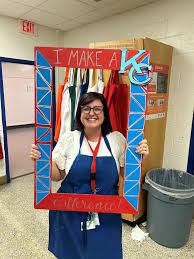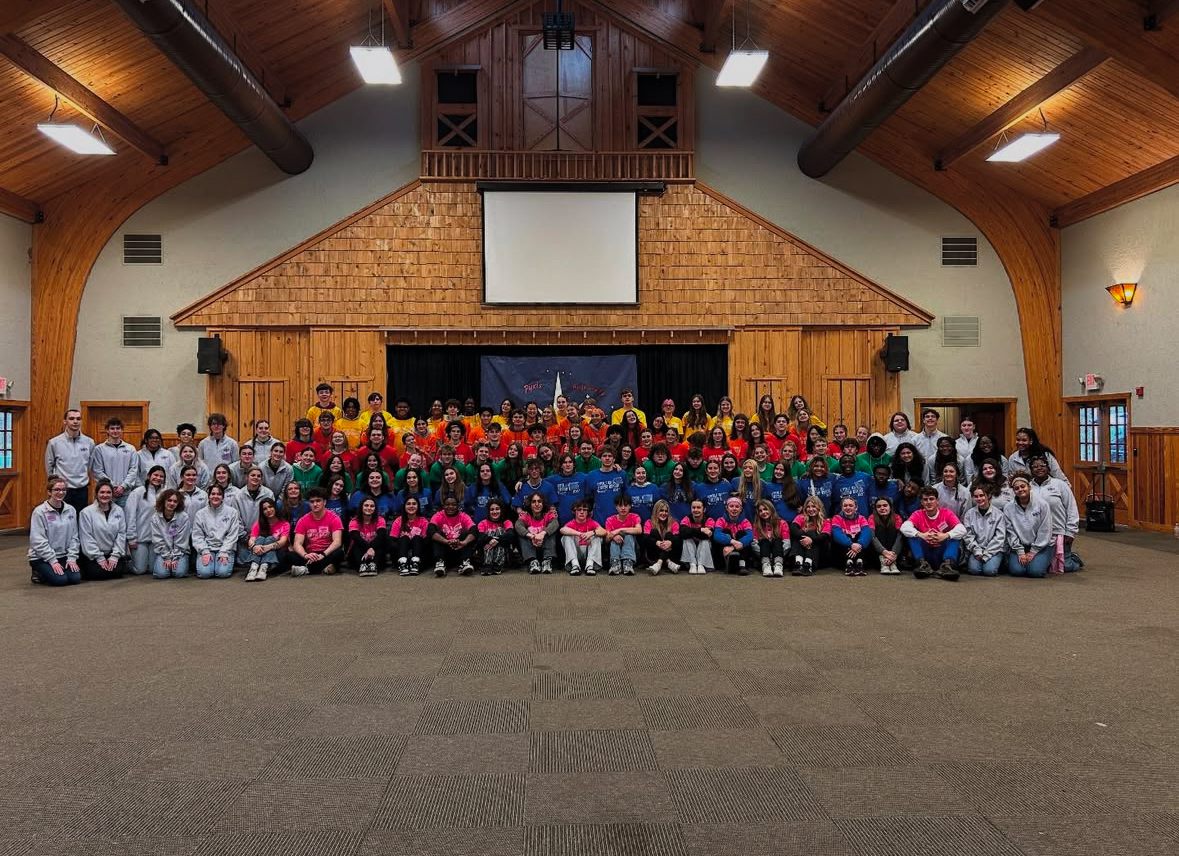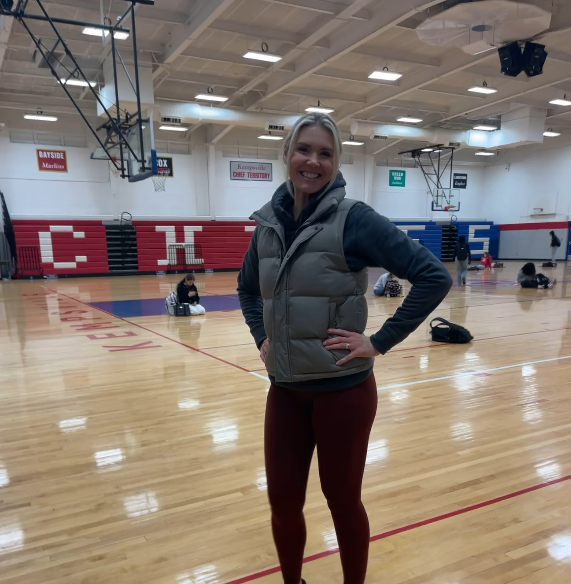
Advanced Placement classes are no joke, but that doesn’t necessarily mean they’re impossible to follow. Many high school students are intimidated by AP classes, so most tend to shy away from the opportunity altogether. But no one has the same exact experience with these classes; some have said it was worth every tiring hour while others want nothing to do with an AP again.
On that note, Ms. Mounce, English teacher here at KHS, stated that she “think[s] they get a bad rep. I think AP classes are challenging, but I think the students that take them are up for the challenge. And I think that students that are scared that they’re too hard, I think that they shouldn’t be turned away just by the reputation that the class has.”
It is a common misconception that AP classes have these impossible workloads and are totally not worth the time and energy. That may have been true to one person that was taking say five AP courses back to back on top of sports and other activities. Regardless, just because one person says it sucked for them, that most certainly does not mean your experience will be the same.
Another thing students tend to be wary of is the AP exam at the end of the school year. Especially if the biggest reason they took the class was for the college credits, I’d completely understand the nerves and angst for the exam.
“I tell my students who are wary of taking the exam or even paying for the exam, I’m like ‘Look, don’t even worry about the cost of the exam because there are so many programs out there that can pay for the cost if you’re serious about it. And don’t even worry about the exam itself if it’s something that you’re like ‘Oh I’m going to bomb it’ okay fine I don’t want you going to the test with that mentality, but you are still taking the class. ‘Cause you have nothing to lose, everything to gain,’” stated Mrs. Nurse, AVID teacher at Kempsville.
Even if you don’t pass the exam you still have a little sneak peak into what college is really like. You’re also more likely to get into the college of your choice by taking an AP since they’re always on the prowl for hard working and determined students. If you’re willing to challenge yourself, then you’re already halfway there.
“It’s the most like a college class that you’ll get in high school. I’ve had multiple students that have emailed me and said that my class has gotten them ready for what a college class is like, that it’s pretty much the same thing,” Mr. Wilson, AP English 12 teacher, remarks.
AP courses offer so much more than college credit; the opportunity to take a glimpse into the college atmosphere is offered through those classes. Students that take these classes are far more likely to succeed in college.
So, what’s the biggest difference between honors classes and APs?
“The big difference is that if you take an honors class there’s no exam at the end, well there’s a final exam for your class, but there’s no exam where if you pass it you get college credit. It also doesn’t impact your GPA because the AP exams are college credit classes they’re weighted heavier. I think that’s primarily the bigger differences, normally AP classes are a bit more rigorous as well, so I don’t know if it’s the amount of reading and writing but it’s normally that the content’s a little more mature or yeah, you’re just diving a little bit more deeper into the content,” Ms. Mounce adds.
Honors classes tend to be more advanced level high school classes while APs are college level classes offered to high school students. The pace and workload differ for sure but the biggest difference is simply the AP exam. Honors classes are still really good classes to take, still very challenging and fast; they’re not any less than APs, just a little different.
“…You run the risk of, let’s say I took AP French, I’m just throwing it out there, and then the college that I choose is like ‘Oh well we don’t take that, we don’t take AP French as a selected course for you to transfer on over.’ So you have to weigh the pros and cons,” Mrs. Nurse explains.
When taking an AP course, you do have to consider that the credits you busted your butt to get may not even transfer over to your college. That’s quite irritating huh? However, as I said before, you still have that college preparation and even if you end up having to retake that course in college, now you’ll at least know the gist and it’ll be easy breezy.
In an article posted by Stanford News, Denise Pope, senior lecturer at Stanford, stated “…when you take a deeper look into the research, it’s really hard to establish causation. It could just be that kids who take APs are kids who come from better high schools or high schools that better prepare them for college work, … or they’re naturally more motivated.”
Each city, town, district, state, country, do things differently to prepare their students for life after high school. Some are college motivated and prepare their students more for that while others may center their focus on teaching students life skills such as balancing their checks, how to apply for jobs, or cooking basics. Each school does things differently and that may be a disadvantage to those that want to get into an Ivy League school or those that want nothing to do with college at all.
It’s important to examine what classes you think will benefit you as a student. It’s key to challenge yourself; mistakes are little lessons worth making. So with that, good luck!




















